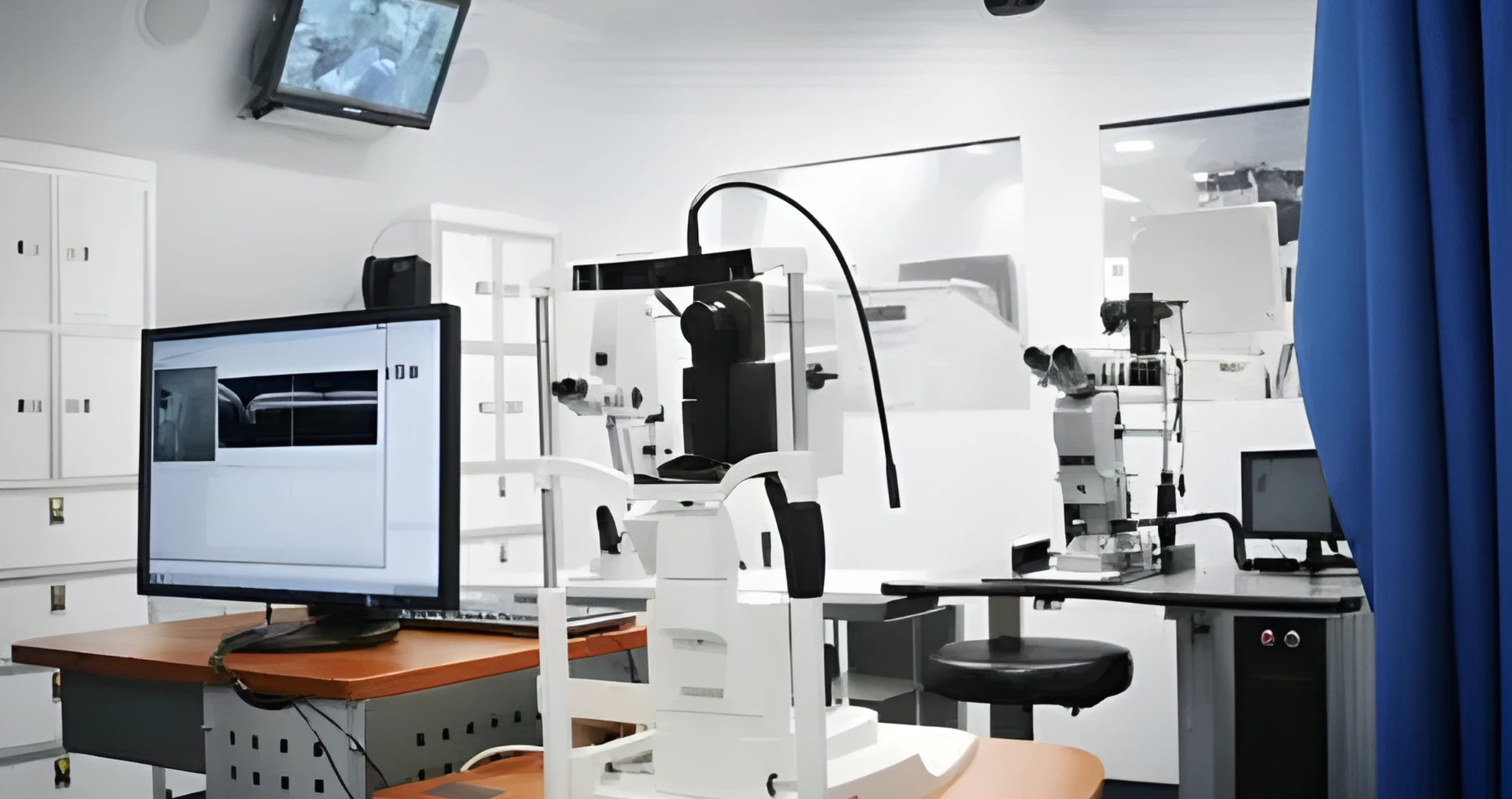Share
Heidelberg Engineering and the sightsaving nonprofit Orbis will expand their collaborative education and research efforts, with a new clinical project in Lusaka, Zambia.

With a network of partners across Africa, Asia, and Latin America, Orbis trains doctors, nurses, and other eye care professionals to provide care in their own communities. It also works to make sure people of all ages can access the eye exams, glasses, medicine, and surgeries they need to protect and restore their sight.
Heidelberg Engineering will deploy Anterion, its multi-disciplinary imaging platform optimised for the anterior segment, to the new clinical project, to support patient pre-operative imaging and to generate robust, data-driven evidence required for the integration of optical biometry into routine cataract surgery protocols.
The announcement was made in a recorded video conversation featuring Kfir Azoulay, Managing Director of Heidelberg Engineering, and Dr Hunter Cherwek, Vice President, Clinical Services and Technologies, at Orbis International.
The recording was made on board the Orbis Flying Hospital, the world’s only fully accredited ophthalmic teaching hospital on board a plane – highlighting both organisations’ shared commitment to tackling avoidable vision loss and improving eye health services in underserved areas.
Mr Azoulay said with this new clinical programme aims “to support more equitable, democratised access to advanced eye care”.
“By leveraging Heidelberg’s advanced imaging technologies, we seek to document real-world improvements in surgical outcomes through high-resolution imaging and precise preoperative measurements.
“At the same time, we will gather data from traditionally underserved populations to help address algorithmic bias in AI systems that too often overlook patients in remote or emerging economy settings. It is our joint aspiration to foster more inclusive innovation and ensure clinicians everywhere have the tools to deliver the best possible care.”
Dr Cherwek said Orbis “was founded on combining innovation and ophthalmology” and works “at the confluence of technology and training”.
“I love how much the field of ophthalmology has grown and how Orbis is globalising that technology, whether its artificial intelligence, telemedicine or distance learning”.
“One of our goals is to find and distribute not just knowledge but force-multipliers. How can you find a piece of technology that can take the teaching of one doctor and have it reach the entire world?”
Speaking of the collaboration with Heidelberg he said, “we are very similar companies. We are trying to improve not just patient outcomes and patient care but also physician training. We both recognise that it takes a team to deliver the best eye care, so both of us work on team training.”
Republished by Mivision.



